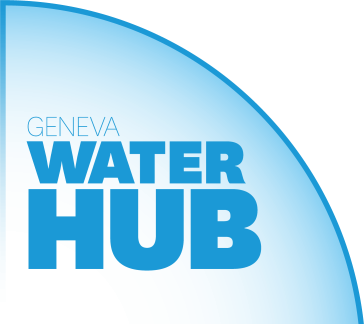
Honoring 70 Years of the Bandung Conference: A Path to Equitable Global Water Governance
In a newly published article in the International Journal of Water Resources Development, researchers propose that these principles can strengthen global water governance in four key ways:
- Reinvigorating International Cooperation – Encouraging collaboration among nations to manage water resources equitably.
- Ensuring Equity and Solidarity – Addressing disparities and ensuring fair access to water for all.
- Upholding the Human Right to Water – Recognizing water as a fundamental human right.
- Promoting Peaceful Water Dispute Resolution – Preventing conflicts and fostering dialogue over shared water resources.
Bandung’s Vision, 70 Years On
As we approach the 70th anniversary of the Bandung Conference, this milestone is a moment for reflection:
- How can the Bandung Principles help shape a more just and sustainable future for water governance?
- What lessons can we draw from Bandung to tackle today’s most pressing global challenges?
The Bandung Conference was not just an event—it was the birth of a movement. Today, as the impacts of climate change and water conflicts escalate, the Bandung Principles remain a blueprint for international cooperation in water governance and beyond.
As we commemorate the 70th anniversary of Bandung, let us not only celebrate its spirit and principles but actively embody and apply them in our actions. A just, inclusive, and sustainable future for water governance depends on reaffirming commitments to cooperation, equity, and peace.
Access our latest policy brief
"Bandung Principles: a path to equitable global water governance?"

